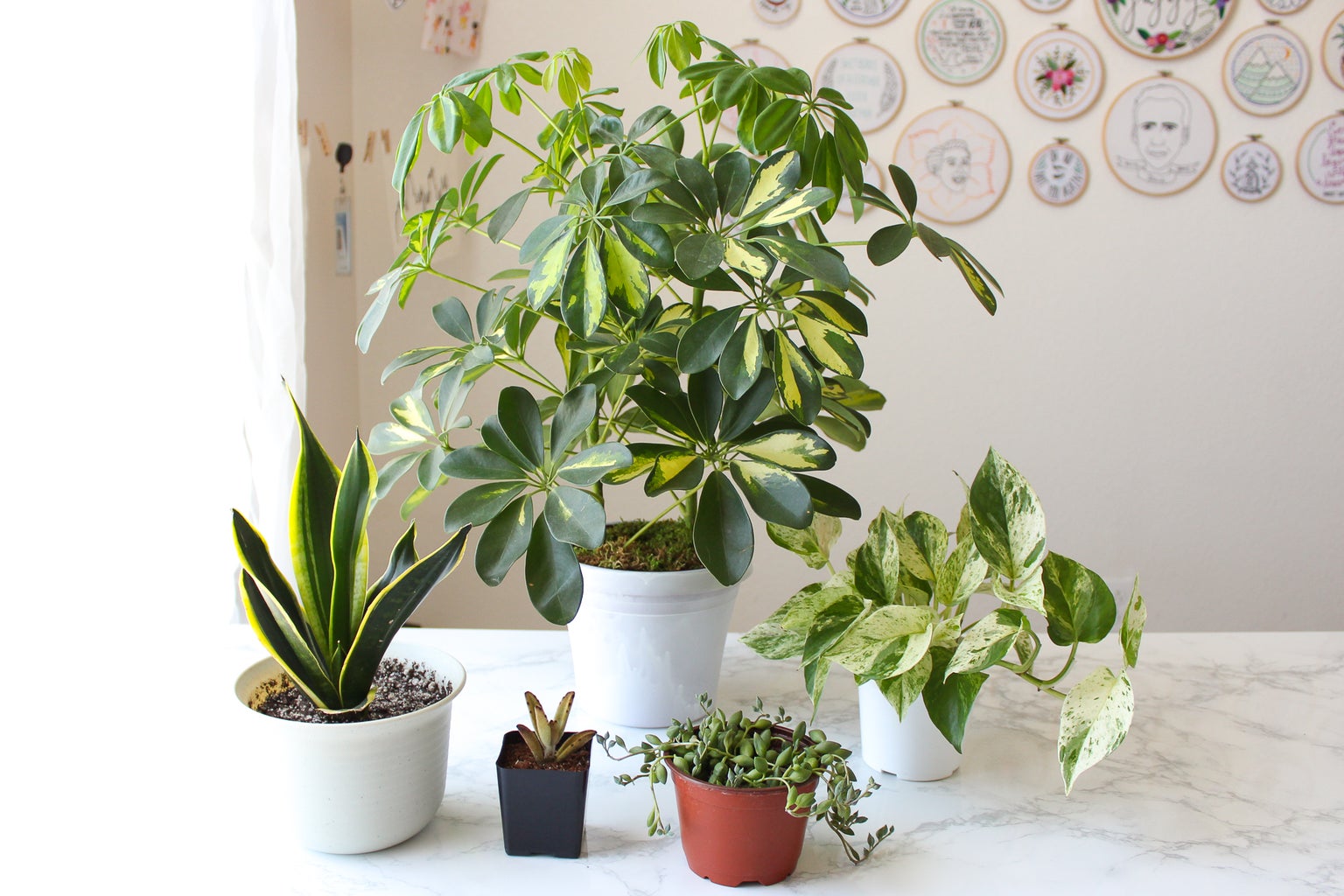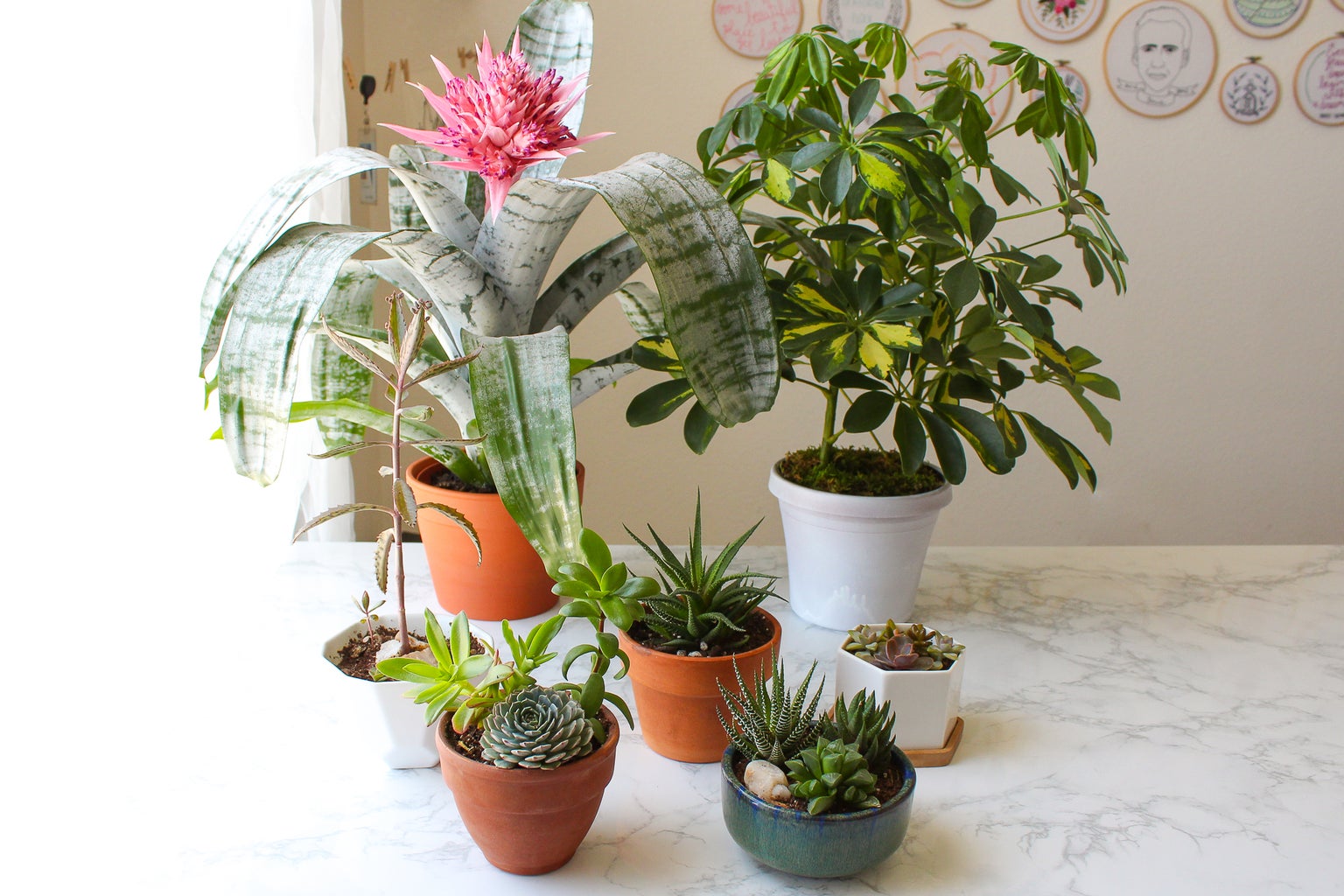Hey plant lovers! I’ve been growing plants for over 10 years now, and lemme tell you – choosing the right grow pot can make or break your gardening success Whether you’re a newbie just starting out or a seasoned green thumb, understanding grow pots is super important. Let’s dive into everything you need to know about these essential plant containers!
What Exactly is a Grow Pot?
A grow pot (also called a plant pot or container) is basically your plant’s home. It’s where your plant’s roots live and grow. These containers come in different materials and sizes and they’re designed to
- Hold soil/growing medium
- Provide drainage for excess water
- Support plant structure
- Allow roots to breathe
- Help maintain moisture levels
Types of Grow Pots
1. Plastic Grow Pots
These are probs the most popular ones you’ll see and for good reason!
Pros:
- Super affordable
- Lightweight
- Available everywhere
- Easy to clean
- Come in loads of sizes
- Great for beginners
Cons:
- Can get brittle over time
- Not very eco-friendly
- Roots might stick to sides
- Less breathable than other options
2. Fabric Grow Pots (Smart Pots)
These are my personal faves for most plants!
Pros:
- Amazing air flow
- Prevents root circling
- Promotes healthy root growth
- Durable and reusable
- Perfect for larger plants
Cons:
- More expensive than plastic
- Need more frequent watering
- Can be hard to move when full
- Might look less decorative
3. Ceramic/Terracotta Pots
Pros:
- Look gorgeous
- Great temperature control
- Good for moisture regulation
- Last forever if you treat ’em right
Cons:
- Heavy AF
- Can break easily
- Usually pricier
- Need drainage holes added
Choosing the Right Size Grow Pot
Here’s a handy guide for picking pot sizes:
| Plant Stage | Recommended Pot Size |
|---|---|
| Seedlings | 0.25 – 1 gallon |
| Small Plants | 1 – 3 gallons |
| Medium Plants | 3 – 5 gallons |
| Large Plants | 5+ gallons |
Important Features to Look For
When shopping for grow pots, keep these things in mind:
- Drainage
- Must have holes at bottom
- Prevents root rot
- Allows excess water escape
- Material Quality
- Should be durable
- UV resistant for outdoor use
- Non-toxic materials
- Porosity
- Affects air flow
- Impacts watering frequency
- Influences root health
To Repot or Not to Repot?
Here’s the thing – when you get a new plant, it usually comes in a nursery grow pot. Should you repot it right away? Well, here’s what I’ve learned:
Wait to repot if:
- Plant looks healthy
- It’s fall/winter
- Plant just arrived home
- Current pot has enough space
Time to repot when:
- Roots coming out drainage holes
- Plant seems top-heavy
- Soil dries super fast
- It’s spring/summer growing season
- Plant looks too big for pot
Pro Tips for Using Grow Pots
- Drainage Layer
Bottom of pot:- Add lava rocks/pebbles- Create space for excess water- Prevents soil compaction- Soil Selection
Use appropriate mix:- Indoor plants need different soil than outdoor- Consider plant type- Add amendments as needed- Watering Tricks
Best practices:- Water thoroughly but less often- Check drainage is working- Consider pot material when planning scheduleCommon Grow Pot Mistakes to Avoid
-
Going Too Big
Don’t put a tiny plant in a huge pot! It’s tempting but can lead to overwatering and root problems. -
Ignoring Drainage
Ya need those holes! No drainage = sad plant (trust me, I learned this the hard way ) -
Wrong Material Choice
Match the pot material to your plant’s needs and your care style. Some plants love terra cotta, others do better in plastic.
Final Thoughts
Choosing the right grow pot might seem overwhelming at first, but it’s actually pretty straightforward once you know what to look for. Remember – there’s no “perfect” pot for everyone. It depends on:
- Your plant type
- Growing environment
- Watering habits
- Budget
- Aesthetic preferences
Got questions about grow pots? Drop ’em in the comments below! And don’t forget to subscribe to our newsletter for more gardening tips and tricks. Happy growing!
Last updated: January 2025

Step 2: Pros and Cons of Plastic Pots

Plastic pots are the cheapest and easiest to obtain no matter where you are! The majority of plants are sold in plastic pots, so its simple to amass a large quantity of them in no time. I keep all the plastic pots I buy plants in, wash them, and reuse them. Theyre great for starting seeds or plant propagation!
Plastic pots keep water in the soil for much longer than a terra cotta pot, so its very important to have drainage holes in the bottom of the pot to prevent root rot.
PROS
- The cheapest plant pot around!
- Come in a large variety of shapes, colors and sizes.
- Lighter than ceramic or terra cotta.
- Easy to wash and reuse.
CONS
- Can become faded and brittle in the sun.
Introduction: How to Choose the Right Pot or Planter for a Plant

Choosing the right pot for the right plant is very important! The planter you choose will affect how the quickly soil dries out, how well a plant grows, and how healthy the roots are.
There are three major categories of pots: ceramic/glazed, terra cotta/clay, and plastic. Ill walk you through the pros and cons of each category. Ill also cover using containers without holes for plants, as well as which size pot you should choose when replanting.
Water and light might be the most important parts of keeping healthy plants, but the right pot is the cherry on top!
Top 7 Container Veggies For Beginners – Garden Quickie Episode 142
0
